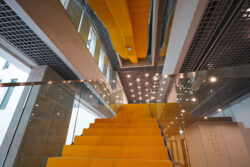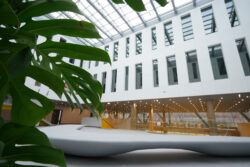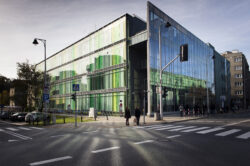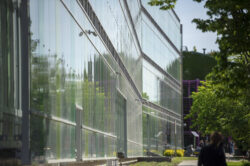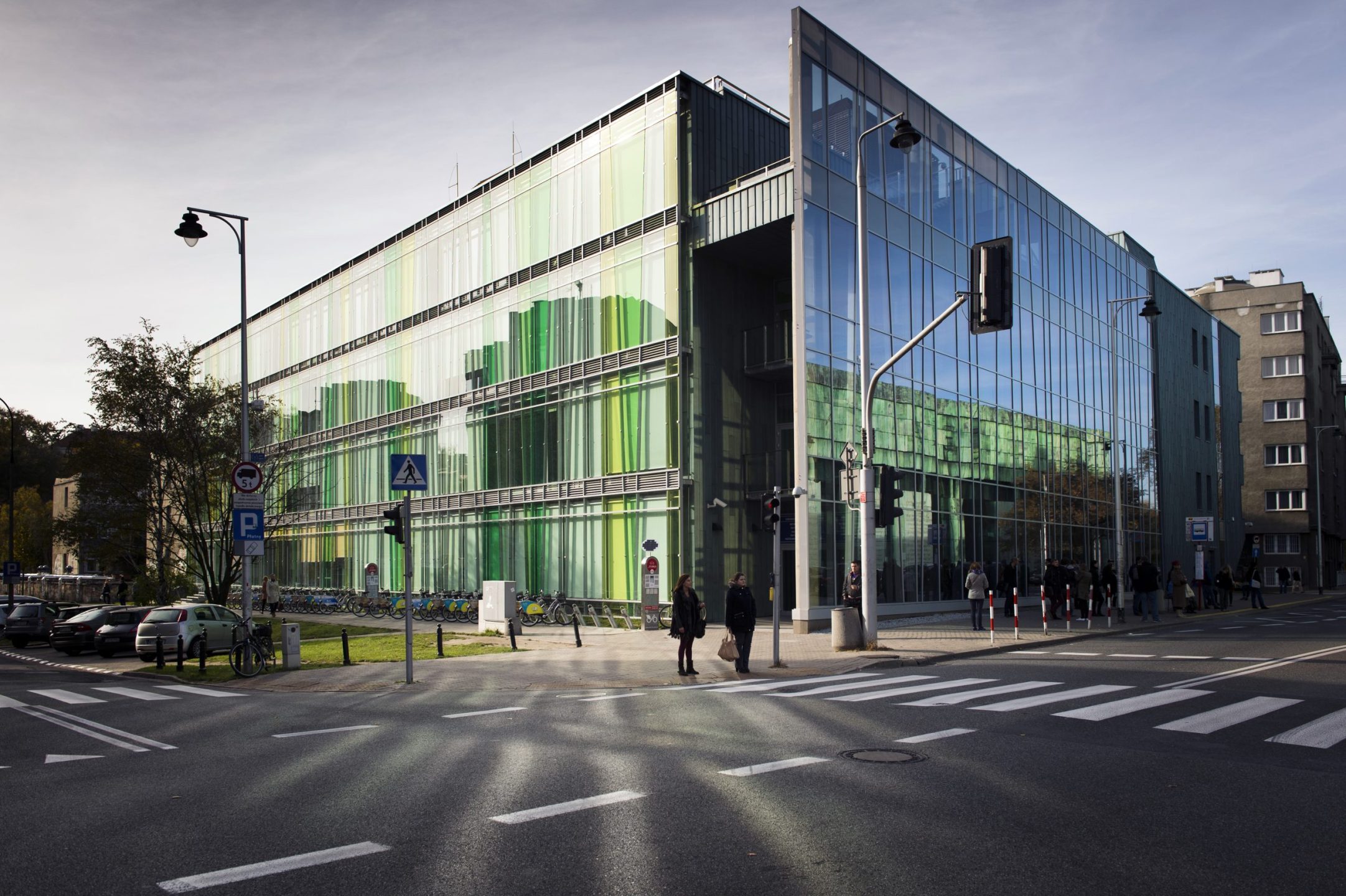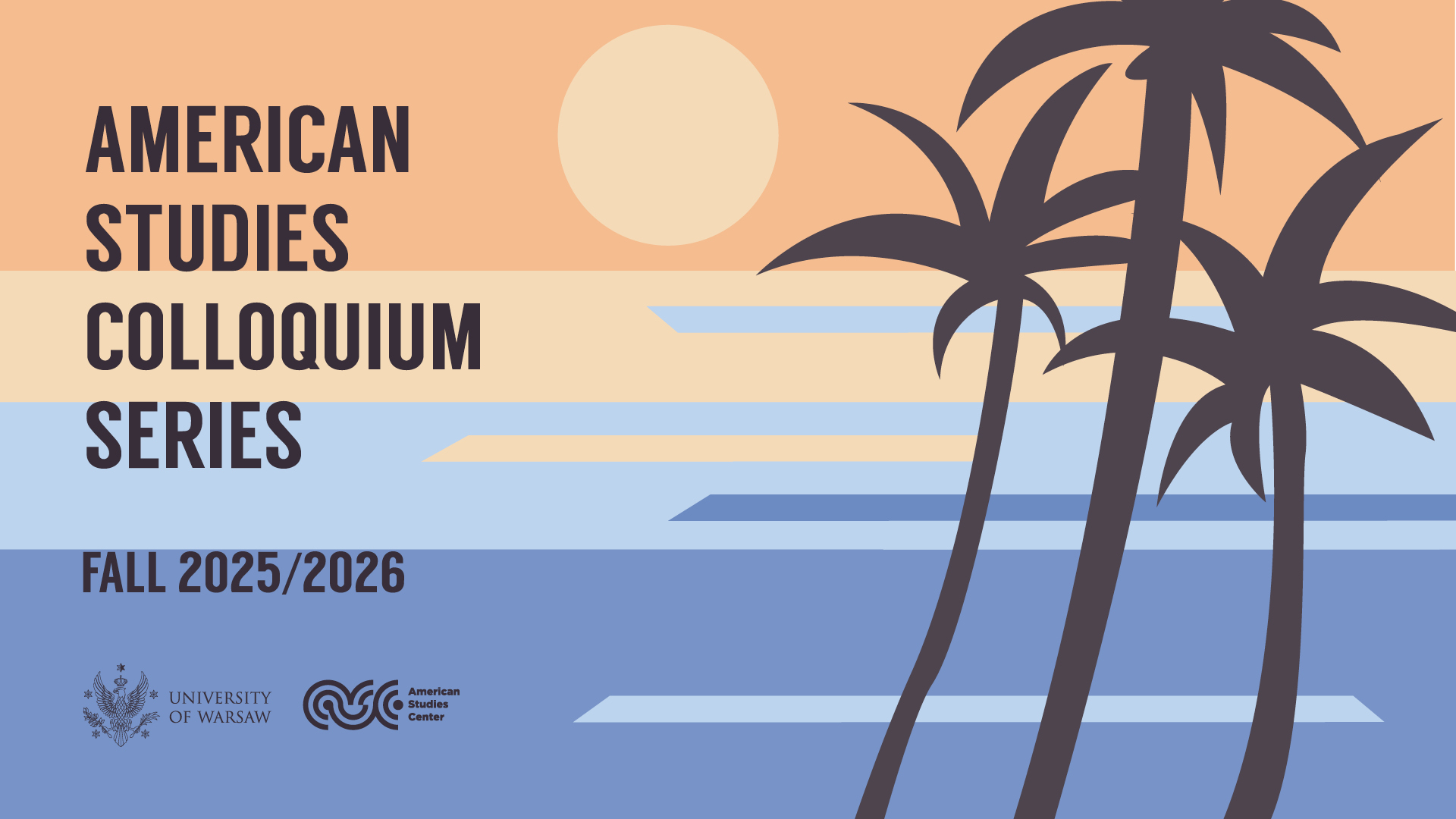At the turn of the semesters, the American Studies Center is moving to a new location at Dobra 55.
We are excited for this new chapter and hoping that you will find the experience of studying and working at the ASC located in Powisle hugely satisfying!
Closing of the ASC Offices and the Library
Due to our relocation, all ASC Offices will be closed from February 6 to February 17. We will be working remotely until February 10. In any case, please contact us by e-mail, especially if you need to make an appointment with a specific member of the Staff. From February 13 to February 17, the ASC Offices will shut down completely. We will reopen in a new location on February 20.
Likewise, the ASC library will be closed from January 26, 2023 to February 19, 2023, and will reopen at Dobra 55 on February 20.
Floor plans
We have prepared designated floor plans with all ASC spaces grouped into three categories, and highlighted in respective colors. We hope this will make the move a bit easier for everyone, especially during the first days in the new location.
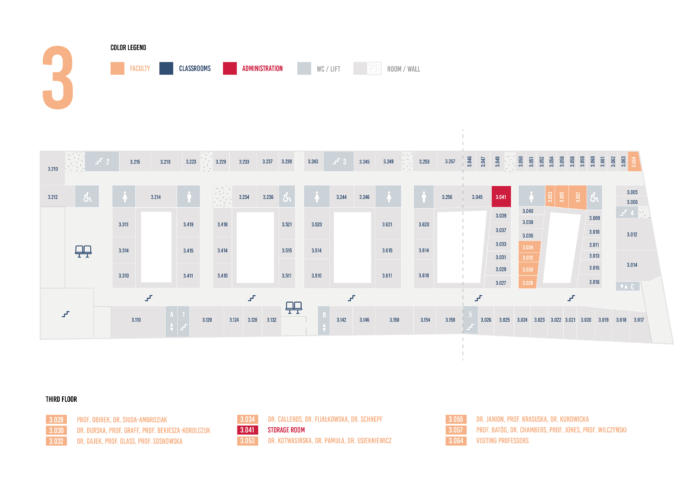
About our new location
The construction of a new University building at Dobra 55 was completed in 2022.
Since the Spring semester 2022/2023, the building will serve students, doctoral students and employees of the American Studies Center of the University of Warsaw, alongside the departments of Applied Linguistics and Modern Languages, and other teaching units within the general university spaces.
The building at Dobra 55 has been the largest investment at our University in the past couple of years. It uses many modern and ecological solutions. It has been nominated in the Property Design Awards 2023, in the Public objects category.
Besides teaching rooms, students will have access to the library, rest areas and social areas. The building is also adapted to the needs of people with disabilities.
It has four overground and two underground levels, a rooftop garden, from which one can admire the panorama of Warsaw’s left bank, and an underground garage that can accommodate both cars and bicycles. The new facility has 92 classrooms, 39 research and development rooms, 7 conference rooms, and a multimedia room that can host up to 150 people.
We cannot wait to welcome all of you within these visually pleasant and functional spaces. Although we will miss the cozy corridors of Ksawerów building, which has been our base for so many years, we believe that this modern and accessible facility will provide our students and employees with much more convenient working conditions and pleasant spaces for relaxation and socializing.
